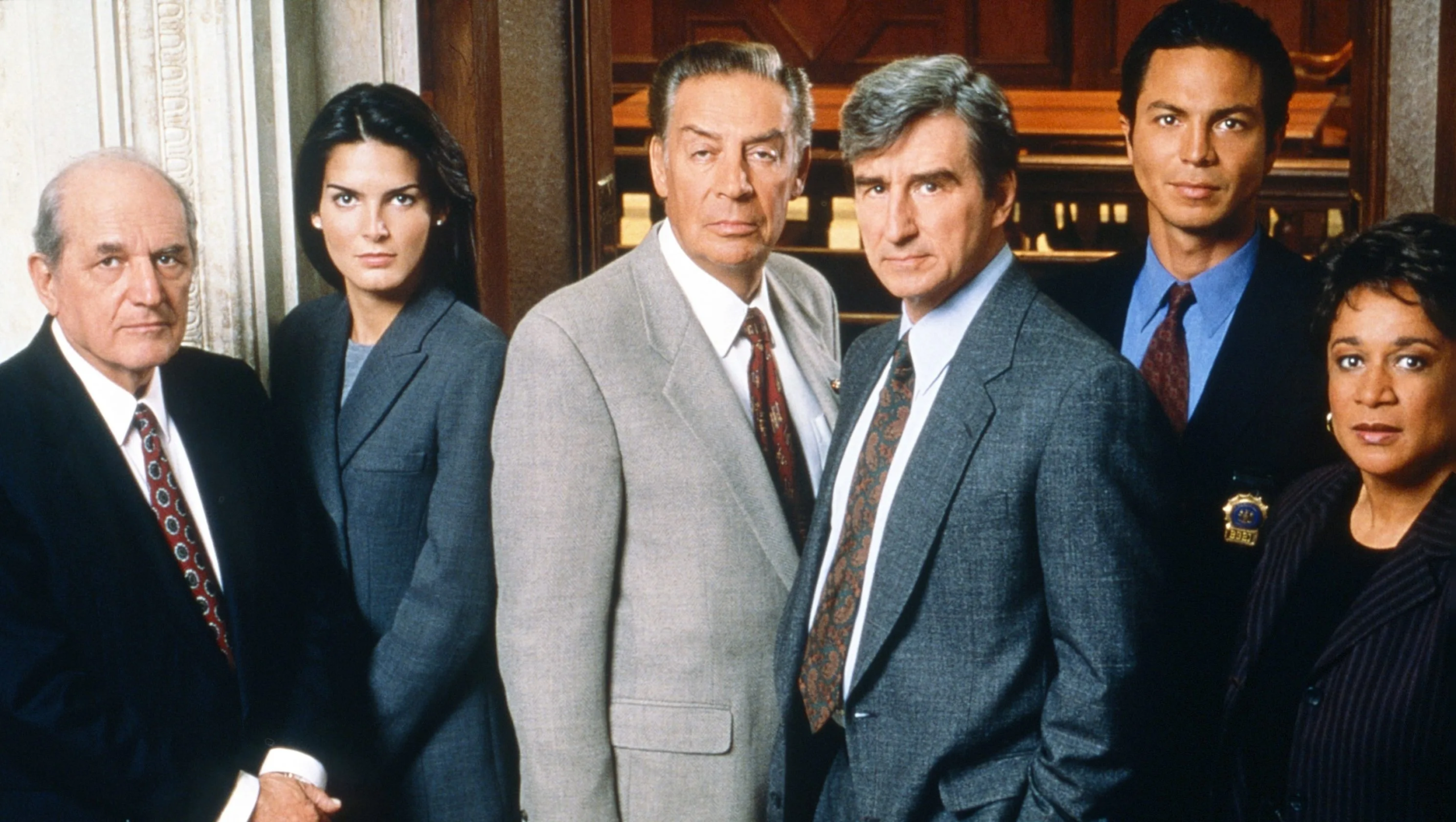I’m one of those people who never throws away a receipt from a purchase. A few months ago, I noticed they were everywhere in my house and I wondered what my obsession was. That’s when I realized it’s a habit I learned from one of my favorite series: Law & Order.
You see, after so many years of seeing how a receipt can be the perfect alibi to save you from a conviction for a crime, my unconscious decided to keep all them, as if at any moment I would have to argue where I was and at what time.
The OG of Crime Series
Although many think of Law & Order as the show with Olivia “Liv” Benson (played by Mariska Hargitay), the original series predates her SVU. It was created by Dick Wolf and premiered in September 1990, marking a pivotal point in American television history.
For more than 20 years, Law & Order showed us how, in the criminal justice system, the people are represented by two separate yet equally important groups: the police, who investigate crime, and the district attorneys, who prosecute the offenders.
The 20-season series is set and shot in New York City, and each episode develops the story of a crime, whether or not inspired by real events, in two parts; a first half-hour of investigating a murder and a second of the prosecution of the accused.
Wolf and his team used actual events and known crimes to take us step by step through the investigation and the nooks and crannies of the American legal system — to the point that, today, I think I know the constitution and legal arguments better than many people in the first year of law school.
Hence my obsession with receipts.
A Springboard for Great Talent
One of Law & Order’s greatest achievements was to give us unique characters like District Attorney Adam Schiff (Steven Hill), empathetic Detective Lennie Briscoe (Jerry Orbach), and Lieutenant Anita Van Buren (Epatha Merkerson).
But at the same time, the iconic series was the debut of many talents who are now internationally famous. From recurring defense attorneys like Lorraine Toussaint, Dennis Boutsikaris, James Rebhorn, or the intrepid Patti LuPone to actors who rose to stardom thanks to their appearances like Edie Falco and Giancarlo Esposito, Law & Order was the first stage for the talent of the 1990s.
In fact, one of my guilty pleasures is waiting to see the actors we see today in blockbuster series and movies debuting their first lines opposite the cast of the famous series.
It is a luxury to see Jennifer Esposito, Ellen Pompeo, Jennifer Garner, or even Sarah Paulson in their first roles.
A Great Achievement of Its Time
In the many years since the premiere of Law & Order, true crime podcasts have become a cultural phenomenon, and their primary audience is women.
As habits and tastes adapt, so do platforms and scripts — it’s only logical. However, for someone so adept at a classic crime series, I have very little stomach for podcasts telling me a true story of women being butchered.
And that’s the beauty of Law & Order, to take us deep into the depths of human perversion through the thread of hope and faith in a flawed system. A system that, by the way, is exposed in every episode through machismo, domestic violence, racism, and the collateral effects of a pathological society.
For the era in which the series debuted, talking about these issues in the longest-running live-action series in American prime time is definitely an achievement.

